Vietnam: What does the second-person narrative mean? What are its characteristics? In addition to the second-person narrative, what are the other narrative points of view in the new General education program in Literature?
In Vietnam, what does the second-person narrative mean?
(1) Definition of the second-person narrative:
The second-person narrative is the use of personal pronouns to directly address the listener (the counterpart).
In literature, the second-person narrative is a rare narrative perspective in narrative works. The narrator borrows the reader's perspective to tell the story. With this narrative, the reader feels as if they are directly participating in the story, observing and recounting the narrative themselves.
(2) Characteristics of the second-person narrative:
The narrator or speaker directly addresses another party using pronouns like: you, buddy, brother, sister, Mr., Mrs., friends...
Creates a sense of dialogue between the storyteller and the listener/reader, making the story become closer and more intimate.
Increases personalization, making the reader feel as though they are being spoken to directly.
Commonly used in genres such as letters, diaries, speeches, argumentative essays, advertisements, or sometimes in literature to create special effects.
(3) Specific examples of the second-person narrative:
- In the poem "Talking to My Child" (Y Phuong):
"Right footsteps towards father
Left foot steps towards mother
One step touches the voice
Two steps towards laughter."
>>The use of "child" creates closeness and intimacy between father and child.
- In an argumentative essay:
"Have you ever wondered: What makes success? It is perseverance and unwavering determination."
>>The writer directly poses a question to the reader, making the essay more engaging.
- In advertising:
"Are you ready to change your life?"
"Try it today to feel the difference!"
4. Comparison with other person narratives
| Person narrative | Characteristics | Example |
| First-person narrative (I, me, myself...) | The storyteller is a character within the story, expressing personal emotions. | "I experienced a day full of emotion." |
| second-person narrative (You, buddy, brother...) | The storyteller directly addresses the listener/reader. | "Have you ever considered your dreams?" |
| Third-person narrative (He, she, they...) | The storyteller stands outside the story, observing and recounting. | "The little girl had very sad eyes." |
Note: Information is for reference only!
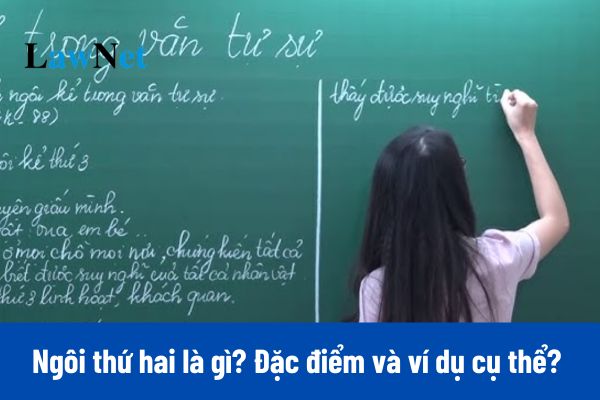
What does the second-person narrative mean? In addition to the second-person narrative, what are the other narrative points of view in the new General education program in Literature? (Image from the Internet)
In addition to the second-person narrative, what are the other narrative points of view in the new General education program in Literature?
Under Section 5 of the General education program in Literature issued with Circular 32/2018/TT-BGDDT:
1.2. Knowledge
a) Vietnamese knowledge
...
- Allocation of literary knowledge across educational levels
+ Primary level: some basic understanding of stories and poems, fictional and non-fictional texts; characters in literary texts, plot, time, space, vocabulary, rhyme, rhythm, imagery, character dialogue.
+ Secondary level: knowledge about genres (folktales, short stories, lyrical and narrative poetry; lyrical prose and narrative prose; novels and Nôm verse, conventional poetry and free verse, tragedy and comedy); lyrical subjects and lyrical characters; the expressive and cognitive value of literary works; some formal elements and artistic techniques specific to each literary genre (narrator, first-person narrator, third-person narrator, characters, perspective, change of narrators and perspectives, conflict, space and time, narrator's voice and character's voice, lyrical emotional flow, vocabulary, imagery, rhyme, rhythm, poetic forms); a brief summary of literary history at the end of grade 9.
...
Thus, in addition to the second-person narrative, there are first and third-person narratives in the new General education program in Literature.
What are the bases for assessing lower secondary school students' training results in Vietnam?
Under Clause 1, Article 8 of Circular 22/2021/BGDDT, the bases for assessing lower secondary school students' training results in Vietnam are:
1) Assess training results of students based on requirements for traits and general capacity by subjects and education level under general programs and requirements for specific capacity under subject program in formal education program.
2) Subject teachers shall rely on (1) to provide feedback and assess training results, improvement, advantages, and disadvantages of students during training and learning process of the subjects.
3) Class advisors shall rely on (1) to monitor training and learning process of students; consult feedback and assessment of subject teachers and feedback of students’ parents, relevant, agencies, organizations, and individuals in educating students; instruct students on how to perform self-assessment; provide feedback and assess training results of students based on categories under (2).

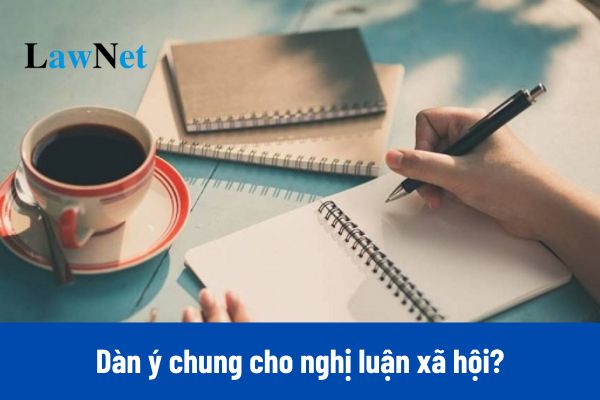

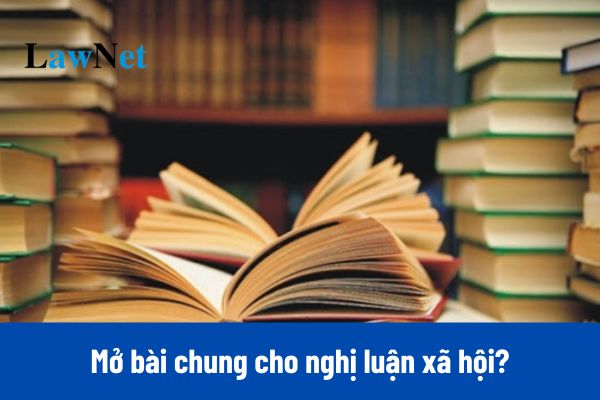

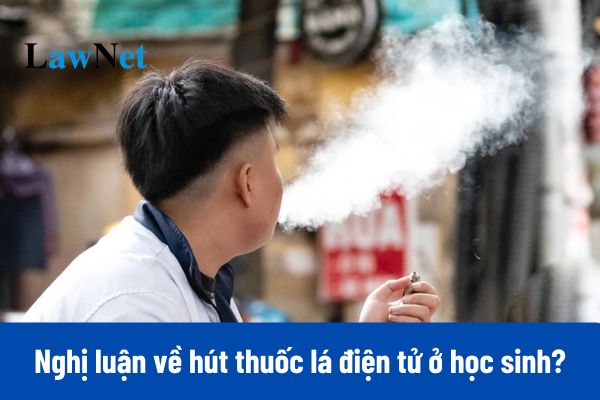
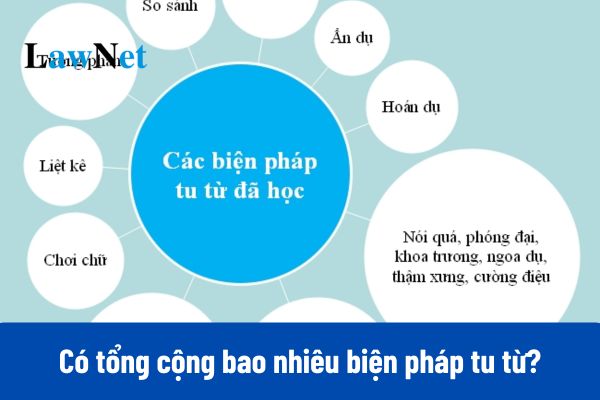
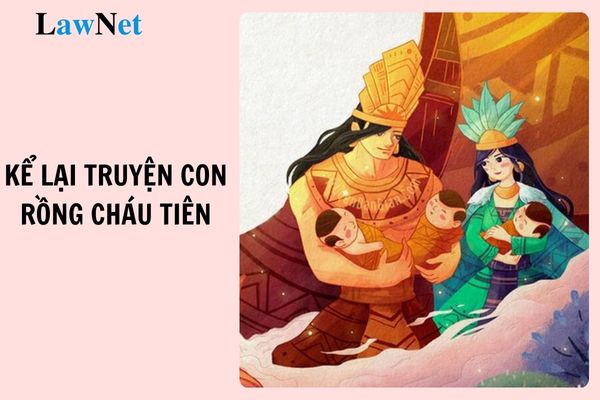
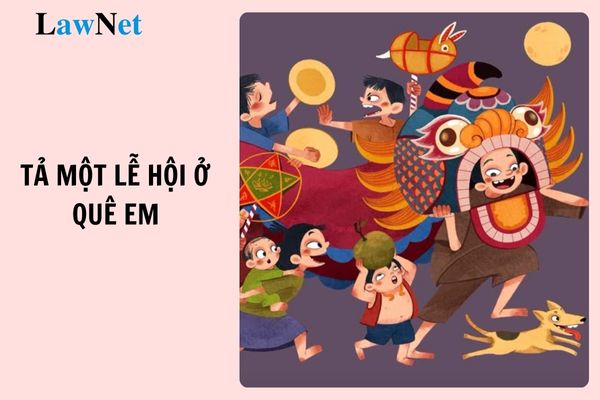
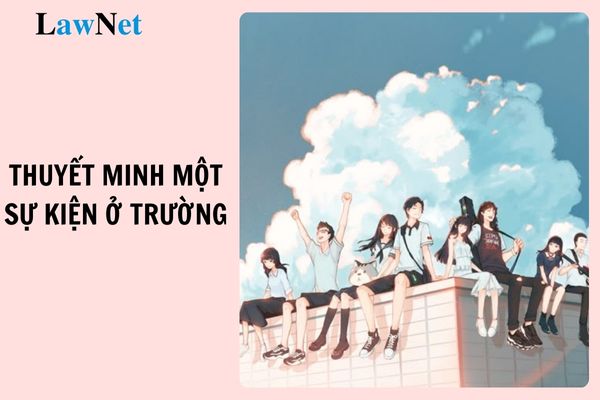
- Shall students of all educational levels at Ho Chi Minh City be eligible for tuition exemption? Who is eligible for tuition exemption? Who is not required to pay tuition in Vietnam?
- What are the 03+ 2nd mid-semester question papers and answers for 11th-grade Mathematics in 2025? What are the eligibility requirements for providing internal extra classes for 11th-grade Mathematics in Vietnam?
- Vietnam: What are the 2nd mid-semester question papers and answers for 10th-grade Mathematics in 2025? What are the regulations on assessing the educational outcomes for 10th-grade Mathematics?
- What are the guidelines for presentation on the significance of planting and protecting green trees in Vietnam? What are the objectives of 7th-grade Natural Sciences?
- What are the 05+ sample 200-word paragraphs expressing feelings about a poem in the 6th-grade Literature curriculum in Vietnam? What are the objectives of the 6th-grade Literature curriculum?
- What is the sample outline for descriptive essays on a person who left a good impression on you for 5th-grade students in Vietnam? Are internal extra classes for 5th-grade Vietnamese language allowed?
- What are the guidelines for finding ideas for a paragraph expressing emotions and feelings about an event? What are the required outcomes regarding the writing process in the 5th-grade Vietnamese language curriculum?
- What are the 07 best sample expository essays on literary works for 11th-grade students in Vietnam? What are the academic topics in the 11th-grade Literature curriculum in Vietnam?
- What are the guidelines for preparing the lesson "Hai quan niệm về gia đình và xã hội" for 12th-grade students in Vietnam? What are the required outcomes regarding the academic topic - Learning about the creative style of literary schools in the 12th-grade Literature curriculum in Vietnam?
- What are the guidelines for preparing the lesson "Ai đã đặt tên cho dòng sông" for 11th-grade students in Vietnam? Is it allowed to charge for internal extra classes for 11th-grade Literature in Vietnam?

